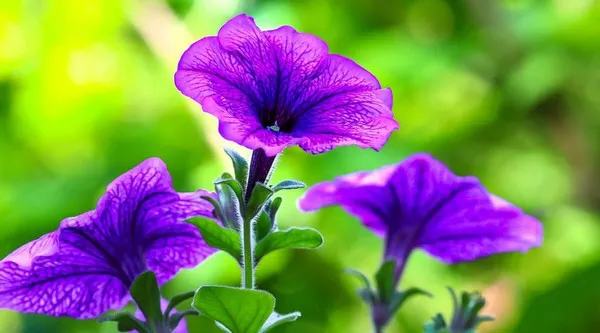A recent study reveals a notable transformation in flowers as they adapt to the decreasing number of pollinators. Researchers discovered that field pansies near Paris have become 10% smaller and produce 20% less nectar compared to flowers from the same fields two to three decades ago. Furthermore, these flowers are experiencing fewer visits from insects.
According to Pierre-Olivier Cheptou, one of the study’s authors, the pansies are evolving toward self-pollination as a response to the decline in their pollinators. While this adaptation may offer short-term benefits, it could potentially limit their ability to adjust to future environmental changes. Plants produce nectar as a food source for insects, and insects, in turn, aid in the transfer of pollen between plants, creating a mutually beneficial relationship that has evolved over millions of years. However, this relationship may now be in a challenging cycle, with the decrease in nectar production leading to reduced food availability for insects, further accelerating their decline.
The study, utilizing “resurrection ecology,” involved germinating ancestral pansy plants collected from the 1990s and 2000s. Comparisons of four populations of field pansies revealed significant changes in the flowers, while other aspects such as leaf size or overall plant size showed no alterations.
Dr. Philip Donkersley from Lancaster University described these findings as “exciting” and emphasized that they demonstrate evolution occurring in real-time. He further highlighted that the plants are reversing thousands of years of evolution in response to a phenomenon that has only existed for 50 years. While this research primarily focuses on Europe and North America, where pollinator declines are a global issue, similar adaptations may be observed in regions with greater plant diversity.
These findings shed light on the diverse strategies employed by plants in response to decreasing pollinator abundance. Invasive populations, for instance, have been observed adapting their pollination strategies to new ecological niches. Additionally, plants unable to self-pollinate increase their pollen production to outcompete other plants for a diminishing number of pollinators.
As pollinator declines continue to threaten ecosystems globally, urgent conservation measures are required. This research underscores the importance of addressing this issue and highlights the significance of pollinators in shaping the evolutionary pathways of plant species.


